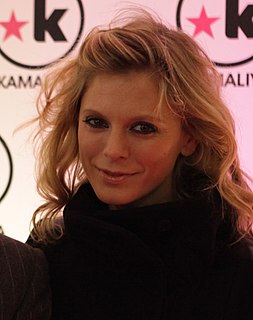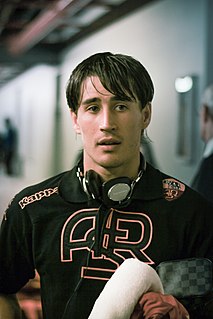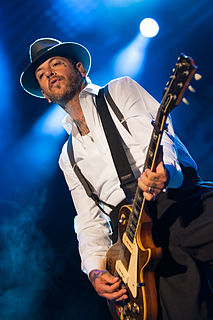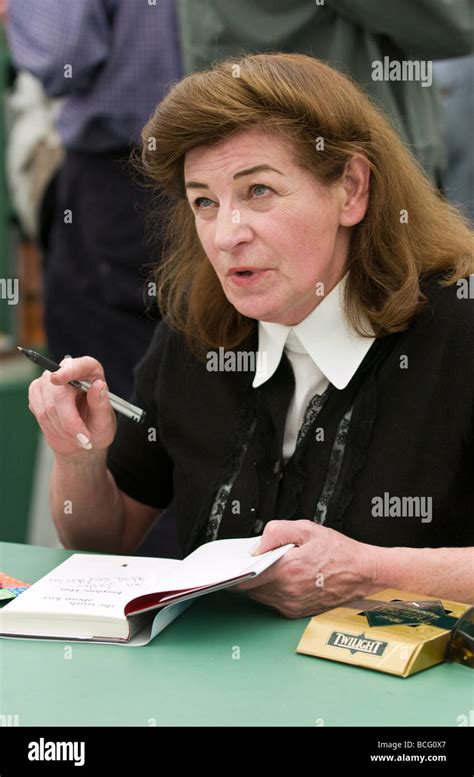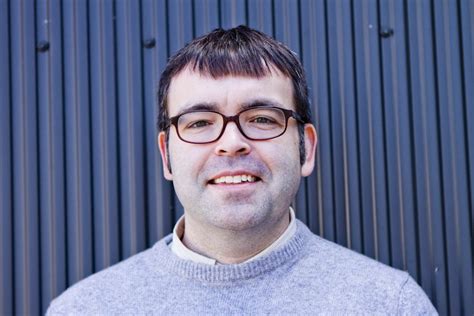A Quote by Dean Koontz
Strangely enough, for many many years I didn't talk about my childhood and then when I did I got a ton of mail - literally within a year I got a couple of thousand letters from people who'd had a worse childhood, a similar childhood, a less-bad childhood, and the question that was most often posed to me in those letters was: how did you get past the trauma of being raised by a violent alcoholic?
Related Quotes
I played many matches and got experience very early. Did I lose some of my childhood? This is one of the things that I am more sensitive about and that touched me the most, because I am a family person. There are many moments that I haven't had the chance to enjoy with my family and also with my friends.
I think trauma gets a reductive treatment. We tend to think only violence or molestation or total abandonment qualify as "childhood trauma," but there are so many ruptures and disturbances in childhood that imprint themselves on us. Attachment begets trauma, in that broader sense, and so if we've ever been dependent on anyone, I think there is an Imago blueprint in us somewhere.
There are those uncomfortable things that've passed that you have to deal with or they define you, like childhood trauma. Like when I'm lost, I just feel like somewhere along the line, if you've gone through any childhood trauma, it makes you lose your essence and it takes a while to get that back. There are certain things about that that push my buttons.
They say that childhood forms us, that those early influences are the key to everything. Is the peace of the soul so easily won? Simply the inevitable result of a happy childhood. What makes childhood happy? Parental harmony? Good health? Security? Might not a happy childhood be the worst possible preparation for life? Like leading a lamb to the slaughter.
All of my childhood, we were on welfare. My mom received Aid for Families with Dependent Children - welfare. Without that, we wouldn't have had subsidized housing. Most of my childhood, we had a two-bedroom apartment, but eventually we got into the projects, where we had four bedrooms. That was great.
As soon as one knows one is going to die, childhood is over.... So one can be grown up at seven. Then, I believe most human beings forget what they have understood, recover another sort of childhood that can last all their lives. It is not a true childhood but a kind of forgetting. Desires and anxieties are there, preventing you from having access to the essential truth.
Childhood is less clear to me than to many people: when it ended I turned my face away from it for no reason that I know about, certainly without the usual reason of unhappy memories. For many years that worried me, but then I discovered that the tales of former children are seldom to be trusted. Some people supply too many past victories or pleasures with which to comfort themselves, and other people cling to pains, real and imagined, to excuse what they have become.


